New Scientist covers the latest developments in science and technology that will impact your world. New Scientist employs and commissions the best writers in their fields from all over the world. Our editorial team provide cutting-edge news, award-winning features and reports, written in concise and clear language that puts discoveries and advances in the context of everyday life today and in the future.
Elsewhere on New Scientist
A note from the editor
Divided over cannabis • Medical use of cannabis products is on the rise – it is finally time for proper research
New Scientist International Edition
Deadly earthquake strikes Morocco
Risk of mass deaths in heatwaves • Global warming of 1.5°C to 2°C will lead to fierce conditions that even healthy people may not be able to survive when outside, finds Michael Le Page
Asteroid hit by NASA spacecraft is behaving unexpectedly
Terracotta Army reveals secrets of ancient footwear
More solutions to three-body problem • Record 12,000 ways found to solve fiendish puzzle of how three objects can stably orbit each other
Tonga volcano’s eruption reshaped the seafloor
Covid-19 linked to higher risk of type 1 diabetes in children
Analysis Research and development • Can the UK’s new science agency deliver moonshots? The Advanced Research and Invention Agency has been tasked with a high-risk, high-reward approach, says Thomas Lewton
Huge project to release 2000 white rhinos across Africa
Electrified mist could help capture carbon from power plants
Cave art pigments show how ancient technology evolved
Salamander eggs hatch more easily if nibbled by predators
Smart toilets could leak your medical data, warn security experts
Ancient koala may solve mystery of marsupial evolution
Human kidneys partially grown in pigs offer transplant hope
Red fire ants with painful bites have taken hold in Europe
GPT-4 wins chatbot lawyer contest • AI chatbots have gone head to head on legal reasoning, but none can match real lawyers yet
Westerners sleep later on weekends than people in Asia
Our mobile arm joints may have evolved for climbing down trees
Quantum batteries could perform better if charged wirelessly
Earth has just seen its hottest three months on record
New type of cell is discovered in the brain
Ancient stones were deliberately rounded
A heartbeat helps pumps be efficient
Gannets prefer to roll either right or left when diving
Really brief
Birth of the cyborg fetus • Developing the “sharenting” habit prenatally, like I did, may affect a child’s future on multiple levels, says psychologist Elaine Kasket
Field notes from space-time • The physics of a soap opera Timescales in the British TV show Emmerdale make no sense, but maybe this helps to normalise the concept of time dilation, says Chanda Prescod-Weinstein
Fabulous fungi
Your letters
AI’s hold on the world • How powerful is artificial intelligence? Where has it sprung from? And what can it really do? Find out in four disquieting books, says Simon Ings
A real trip • Personal experience of psychedelics is a key to learning about them, finds Thomas Lewton
New Scientist recommends
The sci-fi column • The big question The protagonists of two excellent new sci-fi novels are trying to find their way out of existential misery. And at their hearts, both books are setting out to explore what on earth we are doing here, finds Sally Adee
The truth about CBD • Health claims about cannabidiol are rapidly outpacing the evidence. Corryn Wetzel looks at how to separate hope from hype
The CBD explosion
Information wars: The final battle?...

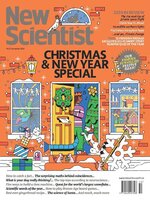 Dec 14 2024
Dec 14 2024
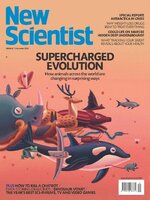 Dec 07 2024
Dec 07 2024
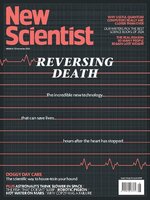 Nov 30 2024
Nov 30 2024
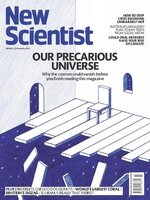 Nov 23 2024
Nov 23 2024
 Nov 16 2024
Nov 16 2024
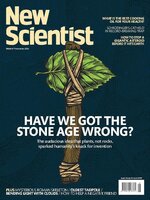 Nov 09 2024
Nov 09 2024
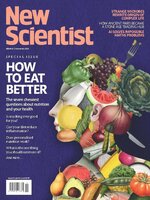 Nov 02 2024
Nov 02 2024
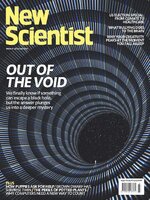 Oct 26 2024
Oct 26 2024
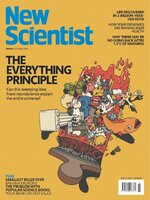 Oct 19 2024
Oct 19 2024
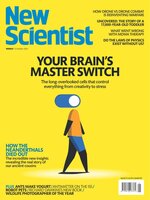 Oct 12 2024
Oct 12 2024
 Oct 05 2024
Oct 05 2024
 Sep 28 2024
Sep 28 2024
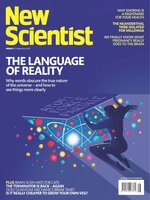 Sep 21 2024
Sep 21 2024
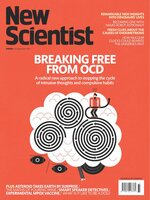 Sep 14 2024
Sep 14 2024
 Sep 07 2024
Sep 07 2024
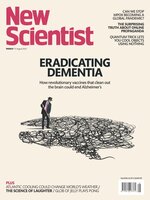 Aug 31 2024
Aug 31 2024
 Aug 24 2024
Aug 24 2024
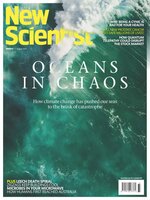 Aug 17 2024
Aug 17 2024
 Aug 10 2024
Aug 10 2024
 Aug 03 2024
Aug 03 2024
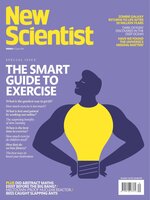 Jul 27 2024
Jul 27 2024
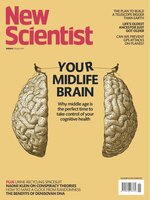 Jul 20 2024
Jul 20 2024
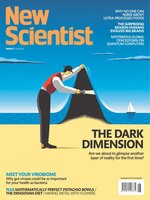 Jul 13 2024
Jul 13 2024
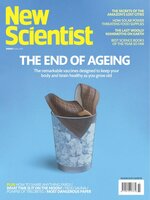 Jul 06 2024
Jul 06 2024
